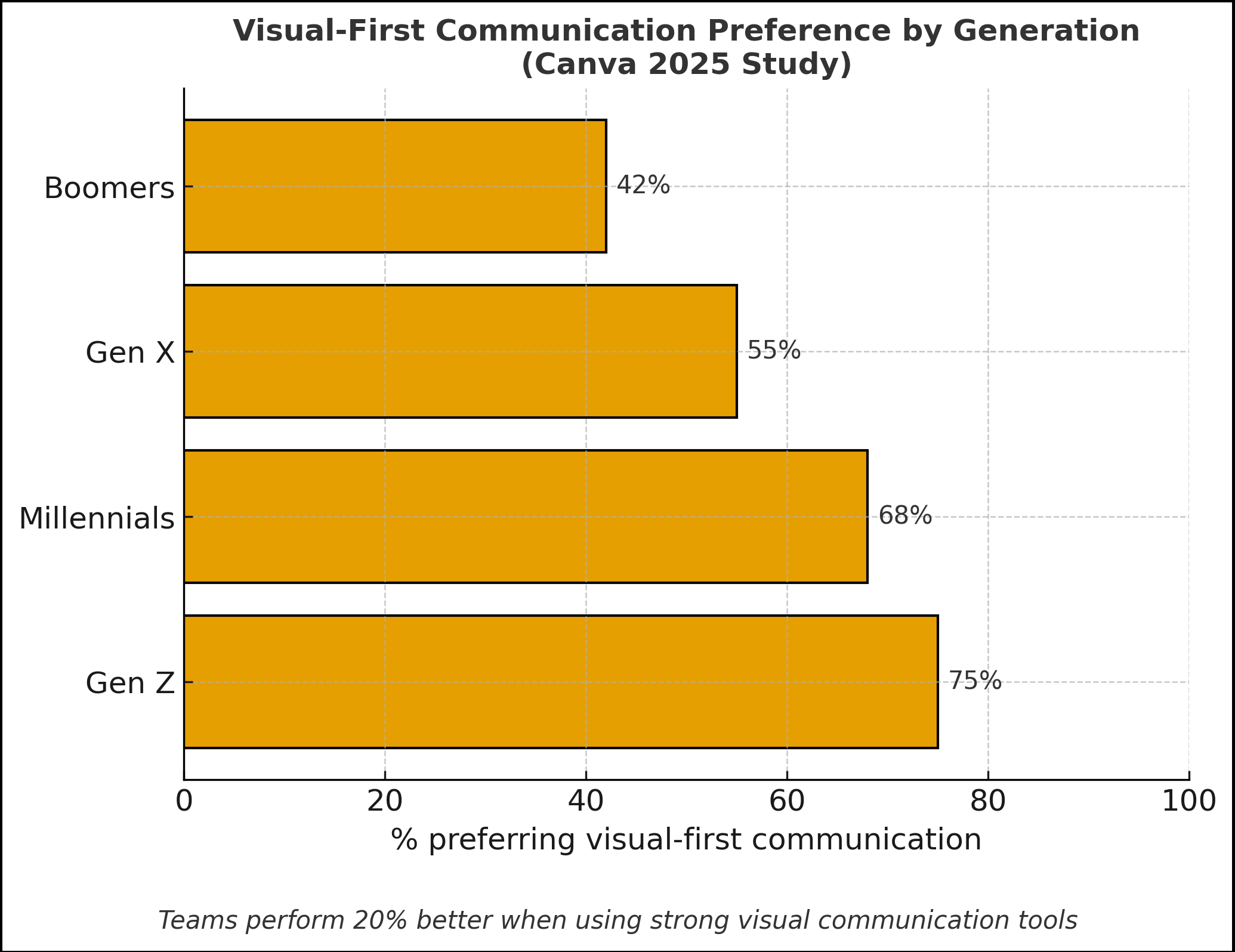The Board Report
Poll of the Month
This month’s The Board Report highlights recent studies with direct implications for communicators in executive comms, PR, marketing, and advertising. Each piece comes with a clear takeaway you can apply now in your workplace. Plus, make sure to weigh in on our monthly poll and we will share the results in our October newsletter.
Industry Highlights
CEO memos are now written for two audiences
CEOs are talking to employees 47% more than in 2020. But with memos frequently leaked externally, leaders are effectively writing for staff and the public.
In Practice: Draft internal comms as though they’ll end up in the press.
Rivalries boost brand visibility and loyalty
Healthy competition between brands can elevate engagement and strengthen loyalty, but keep it positive.
In Practice: Use rivalry in campaigns, but frame it as progress, not negativity.
Culture change requires system change, not slogans
Shifting culture through communication alone rarely works. True change happens when processes and policies shift too.
In Practice: Match messaging with real operational adjustments.
Visual-first communication drives team performance
Teams perform 20% better when communication is visual-first. Gen Z and Millennials, in particular, expect infographics, dashboards, and visual updates.
In Practice: Add visuals to CEO decks, PR kits, and marketing campaigns.
Deskless employees feel left out of workplace comms
Most frontline and shift workers say workplace communication fails them compared to office peers.
In Practice: Prioritize mobile-first and shift-friendly messaging.
Buzzwords erode trust and collaboration
Overuse of jargon undermines morale and weakens team connection. Clear, plain language builds credibility and cohesion.
In Practice: Strip buzzwords from exec comms and marketing copy.
Workers view AI as teammates, not just tools
Employees interpret machines as “colleagues,” shaping how they trust automation.
In Practice: Frame AI rollouts as collaboration, not replacement.
Anti-vaping ads that affirm identity outperform scare tactics
Messaging that affirms LGBTQ+ youth identities while stressing health risks works far better than shaming or fear-driven campaigns.
In Practice: Frame campaigns around values, not just risks.
Thank you for reading this month’s The Board Report. Forward to a colleague, share feedback, and stay tuned for October’s research roundup.
© 2025 The Communications Board



